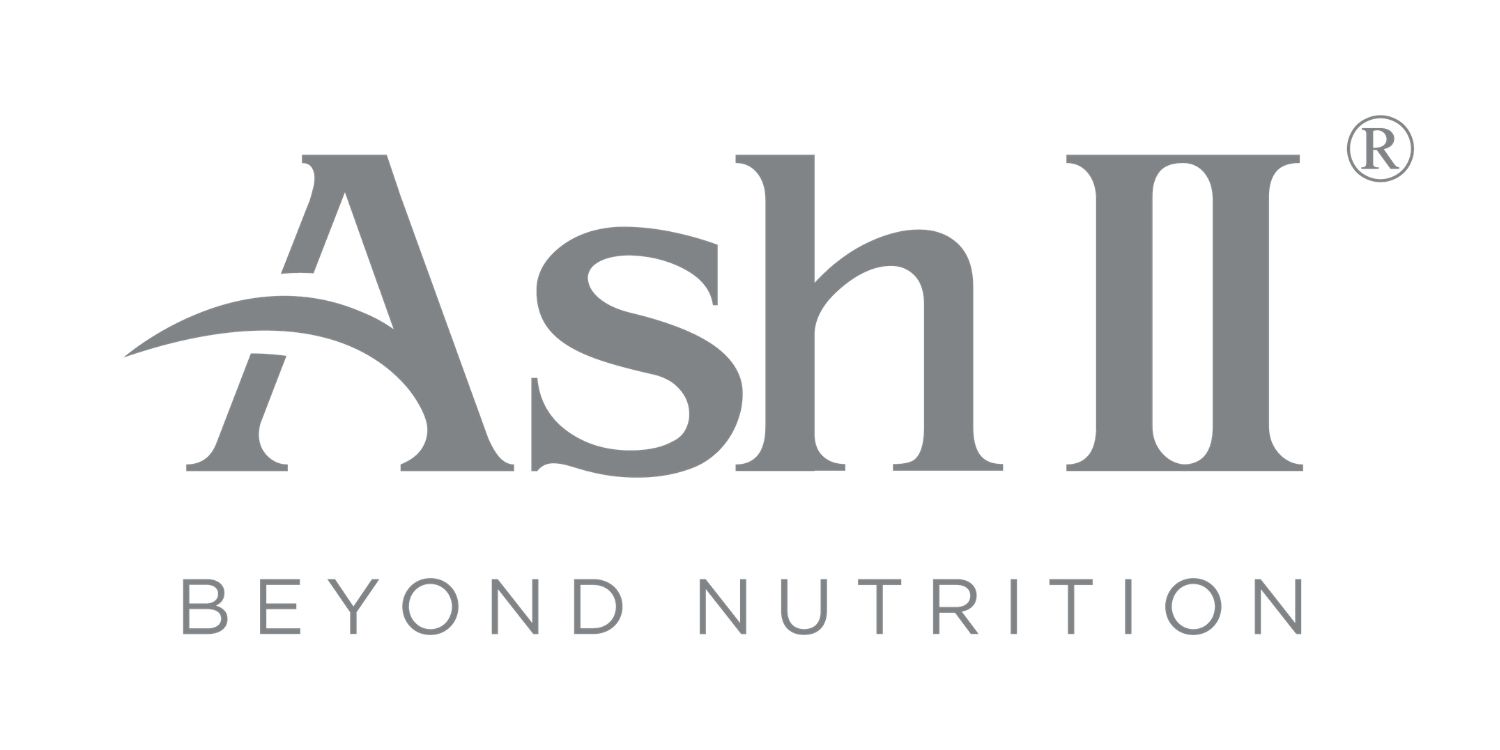Vitamin C, or ascorbic acid, is one of the most widely used supplements in the world. It’s renowned for its ability to support immune health, protect against oxidative stress, and promote skin health through collagen production.
However, despite its well-documented benefits, many myths about vitamin C overdose persist.
Some people believe that more vitamin C is always better or that there are no risks to taking high doses of this vital nutrient.
In this article, we’ll debunk some of the common myths surrounding vitamin C overdose and explain what the research actually says about the safe intake levels of this essential nutrient.
1. Myth: The More Vitamin C, The Better
One of the most prevalent myths is that the more vitamin C you take, the better it is for your health. This misconception likely stems from the fact that vitamin C is water-soluble, meaning excess amounts are excreted through urine and don’t accumulate in the body like fat-soluble vitamins.
However, more is not always better. While vitamin C has a variety of health benefits, consistently taking very high doses — well above the recommended daily intake — may lead to negative effects, such as digestive discomfort, kidney stones, and other health issues.
What the Science Says:
- The Recommended Daily Intake (RDI) of vitamin C for most adults is 75 mg for women and 90 mg for men.
- High doses, generally considered 1,000 mg or more, are typically only necessary in specific therapeutic situations, such as for immune support during a cold, or under the supervision of a healthcare provider.
2. Myth: Taking High Doses of Vitamin C Will Prevent or Cure a Cold
It’s common to hear people claim that taking high doses of vitamin C can prevent or cure a cold. While vitamin C is well known for supporting immune health, the idea that megadoses of vitamin C will entirely prevent or shorten the duration of a cold is not entirely supported by scientific evidence.
What the Science Says:
- Some studies suggest that vitamin C may slightly reduce the duration and severity of cold symptoms, especially in individuals who are under physical stress (like athletes). However, it is not a miracle cure.
- The recommended daily intake is sufficient to support immune health, and taking excessive amounts does not appear to provide any additional benefits for cold prevention.
3. Myth: Vitamin C Is Safe at Any Dose Because It's Water-Soluble
Since vitamin C is water-soluble, many people believe that it’s impossible to overdose on the nutrient, as any excess will simply be excreted in the urine. While this is true to an extent, taking large amounts regularly can still have harmful effects on the body.
What the Science Says:
- Although vitamin C is not stored in the body, large doses (over 2,000 mg/day) can lead to side effects, including:
- Gastrointestinal issues like nausea, bloating, or diarrhea.
- Kidney stones, particularly in individuals with a history of kidney issues or dehydration.
- Gastrointestinal issues like nausea, bloating, or diarrhea.
It’s always best to stick within the upper tolerable intake level of 2,000 mg/day to avoid adverse effects.
4. Myth: Vitamin C Overdose Only Causes Digestive Problems
Many people think that the only problem with vitamin C overdose is digestive discomfort, such as diarrhea and stomach cramps. While these symptoms are the most common, excessive vitamin C intake can lead to other serious health concerns, such as kidney stones.
What the Science Says:
- Excessive vitamin C intake can increase oxalate levels in the urine, a compound that can form kidney stones when present in high amounts.
- People with a history of kidney stones or those who are prone to kidney issues should be particularly cautious when consuming high doses of vitamin C.
5. Myth: You Can't Overdose on Vitamin C From Food Sources
Some individuals believe that it’s impossible to overdose on vitamin C from food, and that high doses of vitamin C can only come from supplements. While it’s true that food sources of vitamin C are generally safe and unlikely to cause an overdose, it’s still important to maintain a balanced approach.
What the Science Says:
- It is highly unlikely that you will reach unsafe levels of vitamin C by eating foods like oranges, guava, or broccoli. The body regulates vitamin C intake efficiently, and it’s very rare for food alone to cause an overdose.
However, if you consume large amounts of vitamin C-rich foods and supplements together, you may be at a greater risk of consuming excessive amounts.
6. Myth: Vitamin C Is Only Beneficial for Immune Health
While vitamin C is often associated with immune health, it has a wide range of other vital functions in the body, and its benefits extend far beyond just preventing colds.
What the Science Says:
- Collagen production: Vitamin C is essential for the synthesis of collagen, a protein that supports skin elasticity, wound healing, and the health of blood vessels, bones, and teeth.
- Antioxidant protection: Vitamin C is a powerful antioxidant, helping to neutralize free radicals and reduce oxidative stress, which can lead to chronic diseases.
- Iron absorption: Vitamin C helps improve the absorption of iron from plant-based foods, making it particularly beneficial for vegetarians and vegans.
7. Myth: Taking Vitamin C Megadoses is Harmless in the Long Term
Another common myth is that taking high doses of vitamin C over the long term won’t cause harm. While short-term high doses may only lead to temporary side effects, the long-term effects of excessive vitamin C intake are more concerning.
What the Science Says:
- Long-term excessive vitamin C intake can increase the risk of kidney stones and gastrointestinal problems.
- There is also evidence to suggest that prolonged high doses may disrupt the body’s ability to absorb other vital nutrients, leading to potential deficiencies.
How to Safely Incorporate Vitamin C Into Your Diet
- Stick to the RDI: The Recommended Daily Intake for vitamin C is sufficient for most people and can be easily met through a balanced diet.
- Supplement wisely: If you do take vitamin C supplements, avoid exceeding 2,000 mg/day, and choose supplements that meet your specific needs.
- Focus on food sources: Include vitamin C-rich foods like citrus fruits, strawberries, bell peppers, and broccoli in your diet for a natural, balanced intake of the nutrient.
Conclusion: The Truth About Vitamin C Overdose
Vitamin C is an essential nutrient with numerous health benefits, but it’s important to remember that more is not always better.
While moderate vitamin C intake is vital for overall health, overdoing it with high doses can lead to side effects, particularly in the long run. It’s best to get your vitamin C from a variety of natural food sources and only use supplements when necessary.
By understanding the facts and debunking common myths, you can ensure that you’re using vitamin C safely and effectively for optimal health.
Disclaimer: This article is for educational purposes only and does not substitute for medical advice. Please consult a healthcare provider before beginning any new supplement.
A nutritionist who believes that food is the foundation of health. She combines knowledge, care, and real-world solutions to guide readers toward a healthier and more balanced life.
Share this:
- Click to print (Opens in new window) Print
- Click to share on Facebook (Opens in new window) Facebook
- Click to share on WhatsApp (Opens in new window) WhatsApp
- Click to share on X (Opens in new window) X
- More
- Click to share on Tumblr (Opens in new window) Tumblr
- Click to share on Reddit (Opens in new window) Reddit
- Click to share on Pinterest (Opens in new window) Pinterest
- Click to share on LinkedIn (Opens in new window) LinkedIn
- Click to share on Pocket (Opens in new window) Pocket
- Click to share on Telegram (Opens in new window) Telegram




